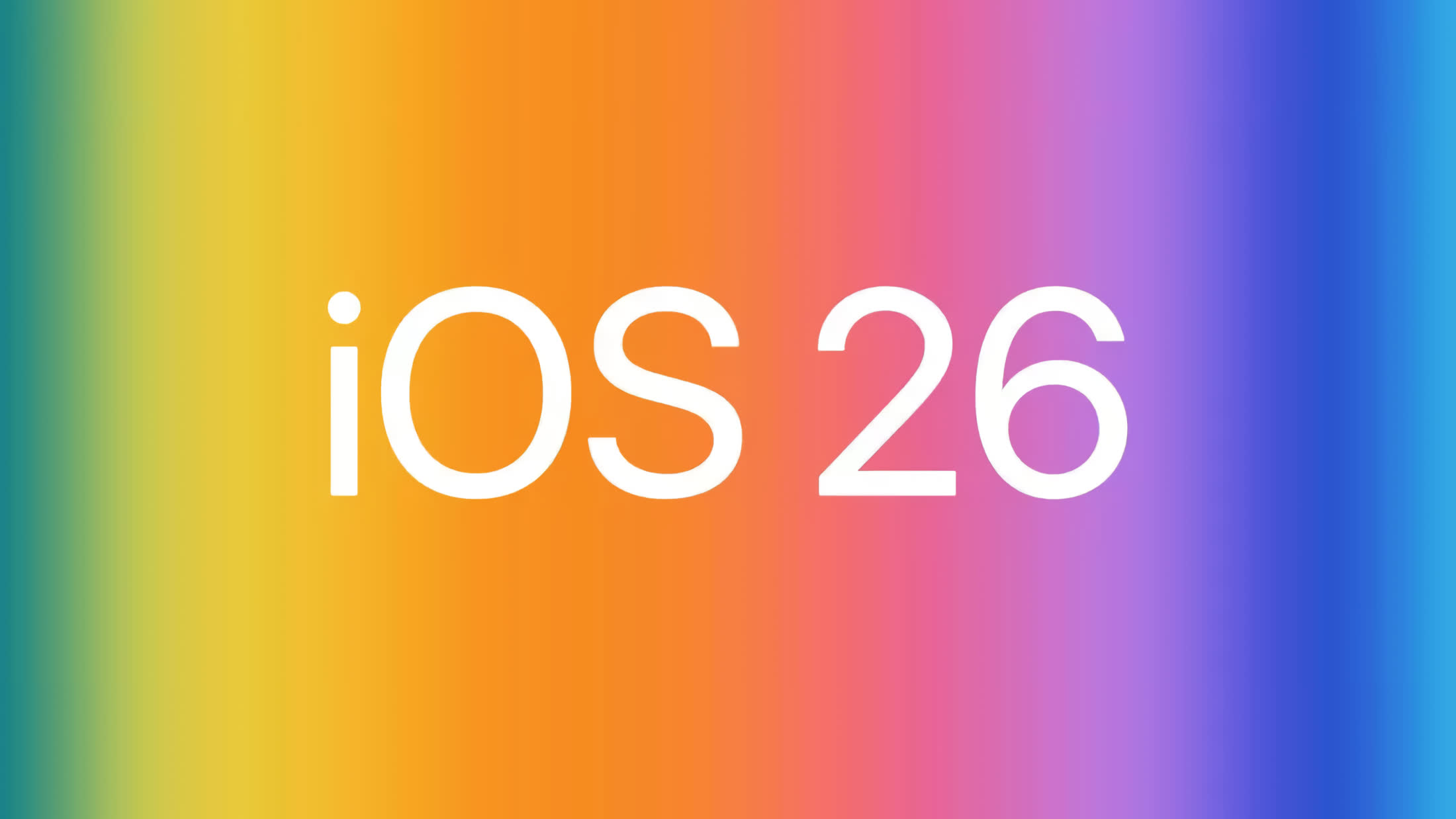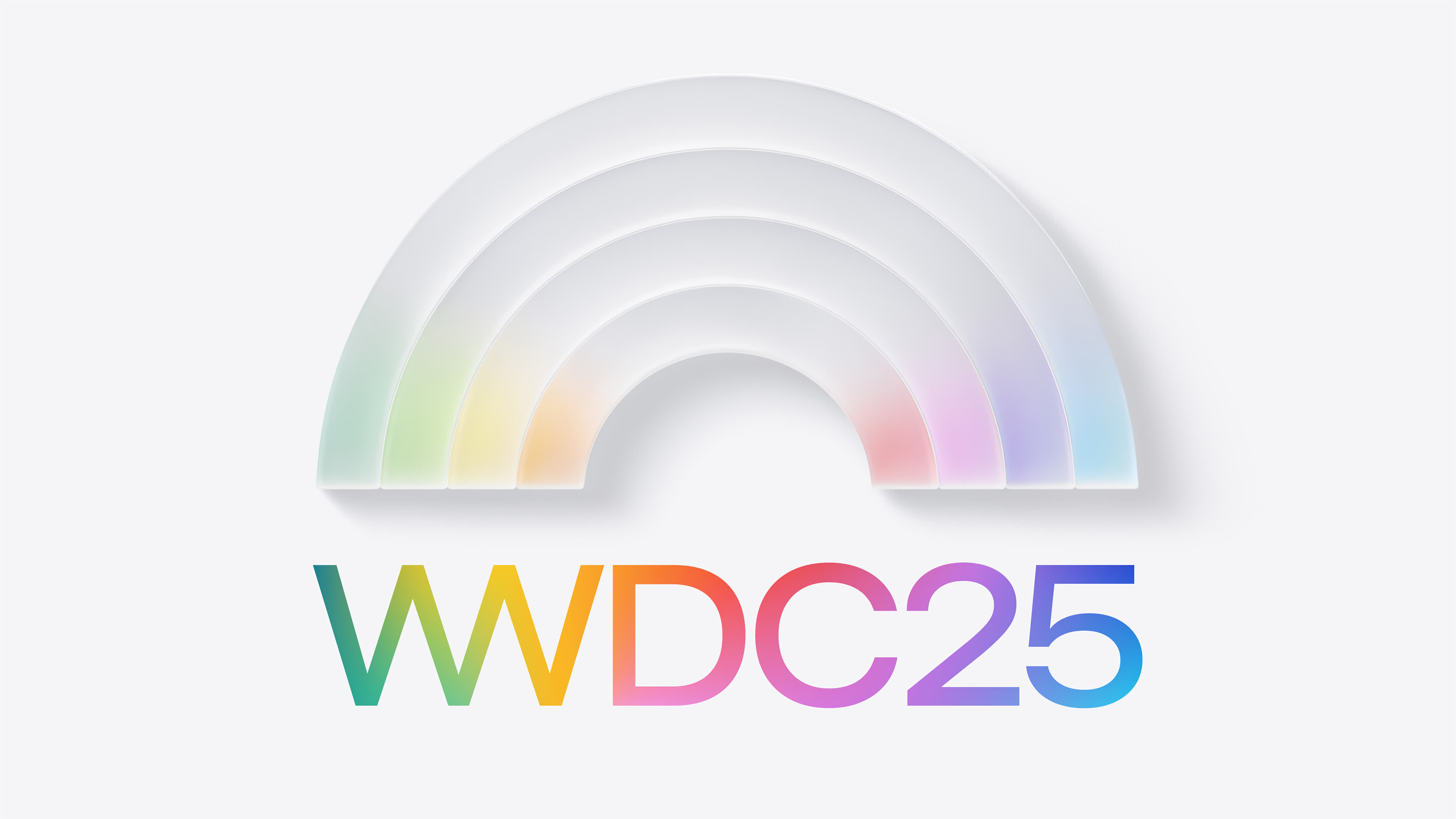The big picture: Apple is preparing sweeping changes to its software and services, including its operating systems. The company appears set on simplifying its platforms even further – continuing a trend that critics say caters more to mass-market ease than to users seeking depth or control.

Apple is introducing a new naming scheme for its operating systems. Bloomberg sources claim that upcoming versions of iOS, macOS, and iPadOS will drop the traditional version numbers. The change – expected to be announced at the Worldwide Developers Conference on June 9 – will also apply to watchOS, tvOS, and visionOS.
Apple is bumping the eagerly awaited iOS 19 to iOS 26, adopting a year-based naming scheme that reflects the year the software is active rather than its launch date. All other platforms will follow the same pattern for consistency – macOS 16 becomes macOS 26, watchOS 10 becomes watchOS 26, and so on. This change makes system software versions uniform, simplifying the understanding of their relative age going forward.
Apple decided to overhaul its traditional OS naming to create greater consistency across its products. Bloomberg's sources report that the current scheme is confusing for both customers and developers. Adopting a common denominator should simplify things considerably.

The new year-based naming scheme isn't unprecedented in the software industry. Samsung made a similar move in 2020, rebranding the Galaxy S10 as the Galaxy S20 to align with the release year. Microsoft also experimented with this approach in the 1990s, starting with Windows 95, but abandoned it after a few releases in favor of a more traditional versioning system.
Apple has experimented with year-based naming before. In 2007, it released iWork '08 and iLife '08, followed by iLife '11 in 2010. The latest strategy brings that concept to its operating systems, and if it sticks, next year's updates will likely arrive as version 27 across the board.
Beyond naming changes, Apple plans a significant redesign across its software platforms. The effort – internally known as "Project Solarium" – will debut at next month's Worldwide Developers Conference. It introduces a slicker, more modern look and brings a more unified user interface across all of Apple's operating systems.
Apple iOS, macOS to adopt simplified year-based branding at WWDC